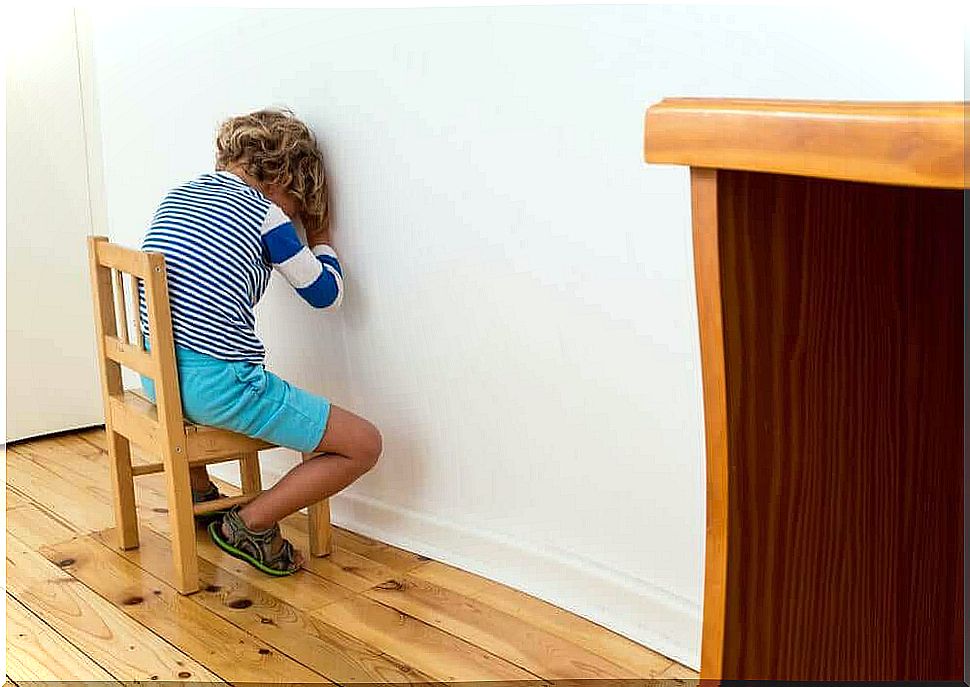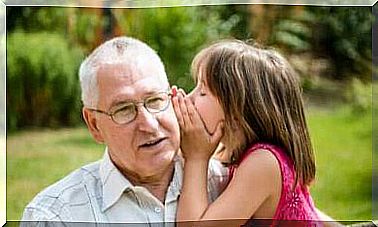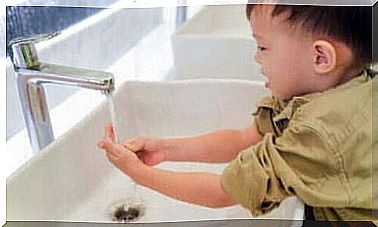Education Without Reinforcement Or Punishment

With certainty, you, as a parent, have stopped to think about how to educate your child. Will reinforcement and punishment be positive or counterproductive? Let’s see what the Montessori method says about education without reinforcement and punishment.
Perhaps you have asked yourself the following question: “If I punish my children when they do something wrong, will I make them more insecure?” But, you may also be thinking, “If they do things right and I confirm them, they may only repeat the good behavior or positive action to receive the reward.”
According to Montessori, you can train without reinforcement or punishment. Keep reading as this article may help you!
Essential elements to educate without reinforcement or punishment
Organize your environment at home
In the Montessori method, it is very important to prepare yourself at home so that your children can learn independently through real experiences.
It is important to establish it from the moment your children come to begin to be in touch with the surroundings that surround them. As they grow up, they will need more advanced material to learn letters and numbers. All of this is essential to developing their innate curiosity.

Provide them with the authority they need
Accompany your children in their learning. Give them the space they need to develop their own autonomy, make mistakes and learn from them. They will have to make mistakes to be able to unfold effectively in the real world, both in childhood and adulthood.
Without reinforcement or punishment but with consequences
Once you have established the foundation for educating your children with the Montessori method, you can start talking about reinforcement and punishment.
This method, based on respectful upbringing, believes that we should not mention the words “reward” and “punishment” under any circumstances. We need to talk about consequences, depending on the actions of the children. For example, if your children do not want to clean up their toys after playing with them.
- Punishment. “You did not clean up your toy when you had to. For that reason, you can not watch television and you will go to bed soon. ”
- Reinforcement. “When you cleaned up your toys, I’ll let you watch some television before you go to bed.”
- Consequence. “If you pick up your toys when you finish playing, you will have some time to watch television. If you clear out all your toys and do not pick them up when you have finished playing, it will take longer and you will not have time to watch television. Instead, you will have to go to bed right after. ”
This example makes it clear that, in the end, one will achieve the same result. If the kids are doing what they are supposed to, they can watch television before bed. But, if they do not, they will not be able to watch television because there will be no time for it.
Here, what is being changed is the way things are being said. Thereby, the children do not see it as a duty, but something they have to do, to have enough time to watch television or play.
Benefits of educating without reinforcement or punishment
Increased motivation
The kids decide to do things for themselves. Not because anyone has repeated orders for them several times. By doing so, you promote self-discipline, responsibility and self-motivation.
Increased satisfaction without reinforcement and punishment
When your children realize that they can do routine things, without punishment or reinforcement, they will feel very proud and satisfied.

The children’s individual capacities are stimulated
Education through consequences is helpful in stimulating their skills as you give them the opportunity to be as autonomous as they can.
Increases their self-esteem
It has been shown that education through consequences is helpful in promoting children’s self-esteem and self-confidence.
Strengthens cooperation
Children feel cooperative when performing tasks they are able to do at their age. It will strengthen communication, affection and cooperation throughout the family.
As you can see, training with the Montessori method means educating happy and confident children with a good self-esteem who feel they can help their parents. Education without reinforcement or punishment is possible, as you have seen in this article. Do you know which way to go now?








